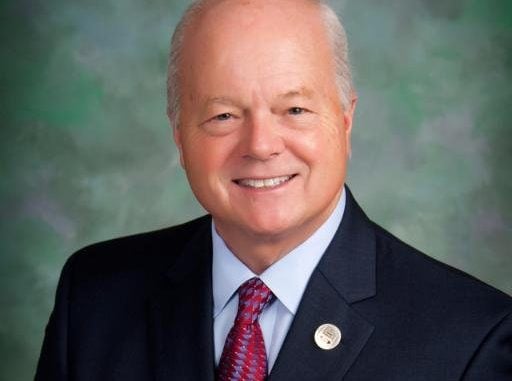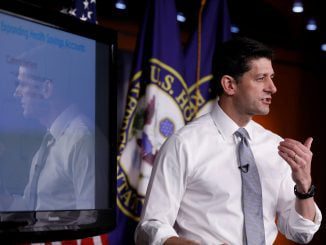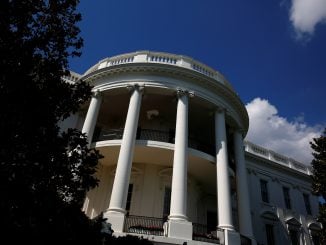
North Carolinians face enough obstacles accessing high-quality, affordable health care as it is without imposing additional cost burdens that discourage patients from seeking the treatments they need. As hospitals and health care providers continue the trend toward consolidation, public policy should be enacted that helps ameliorate the situation, not exacerbate it. A punitive billing practice known as surprise medical billing is the perfect example of a pervasive problem within our health care system that federal lawmakers should work to lessen.
Surprise medical billing puts patients in the middle of dispute between health insurance companies and doctors, hospitals, and other health care providers. Essentially, it happens when a patient receives care at either an out-of-network health care facility — often in an emergency room setting — or from an out-of-network provider within an in-network facility. Backward as it may sound, there are often out-of-network doctors and physicians working at an in-network hospital or clinic because it is quite simply impractical for every insurance plan to contract with every facility and provider, even in the same setting. Think of how confusing it is for patients seeking medical care.
No matter the circumstance, the end result for the patient is the same. Weeks after receiving care and paying for their in-network cost-sharing expenses, the patient then receives the unwanted “surprise” — an unexpected, often-excessive bill in the mail for the cost of care provided that was not covered by their insurance company.
A recently introduced bill in Congress would put this issue to rest once and for all by protecting patients and creating a fair negotiating process to resolve payment disputes. Introduced by Sen. Bill Cassidy (R-La.), the STOP Surprise Medical Bills Act would establish an Independent Dispute Resolution (IDR) process, which is inspired by the negotiation model used in Major League Baseball to settle salary disputes between players and teams. The IDR process removes patients from payment disputes and instead brings together insurance companies and health care providers to negotiation openly and transparently in order to come to a reasonable middle ground.
The STOP Surprise Medical Bills Act would call for doctors and hospitals to be paid a fair interim reimbursement based on the market value of the services they provided. This would help provide an extra layer of financial stability for rural hospitals in North Carolina and across the country. Without this, more hospitals will potentially face cutbacks or closures that will threaten patient access to care.
There are other bills in Congress that also seek to address the growing problem of surprise medical billing, a good sign that federal lawmakers are taking this issue seriously. However, these bills employ questionable tactics that would not only fail to stop surprise medical billing, but would actually threaten and undermine health care access and affordability.
A bill recently introduced by Sen. Lamar Alexander (R-Tenn.) would use federal benchmarking that essentially lets the federal government set a one-size-fits-all payment rate for hospitals. This approach provides zero incentives for insurers to negotiate in good faith and ignores the wildly variable costs among different health care settings. Unlike the IDR process, a benchmarking approach would expose patients to potentially uneven care and threaten access to care by significantly reducing payments to physicians and hospitals.
Only a handful of states have successfully passed legislation to protect patients from surprise medical bills, which is why a federal solution is needed. In order to put an end to surprise billing and remove cost barriers to high-quality health care, Congress must pass the STOP Surprise Medical Bills Act as soon as possible. North Carolina Sen. Richard Burr should join the bipartisan group of co–sponsors who have signed onto this important legislation and help fix this problem before it affects more patients here and across the country.
Bobby Hurst
Former Fayetteville City Council member




